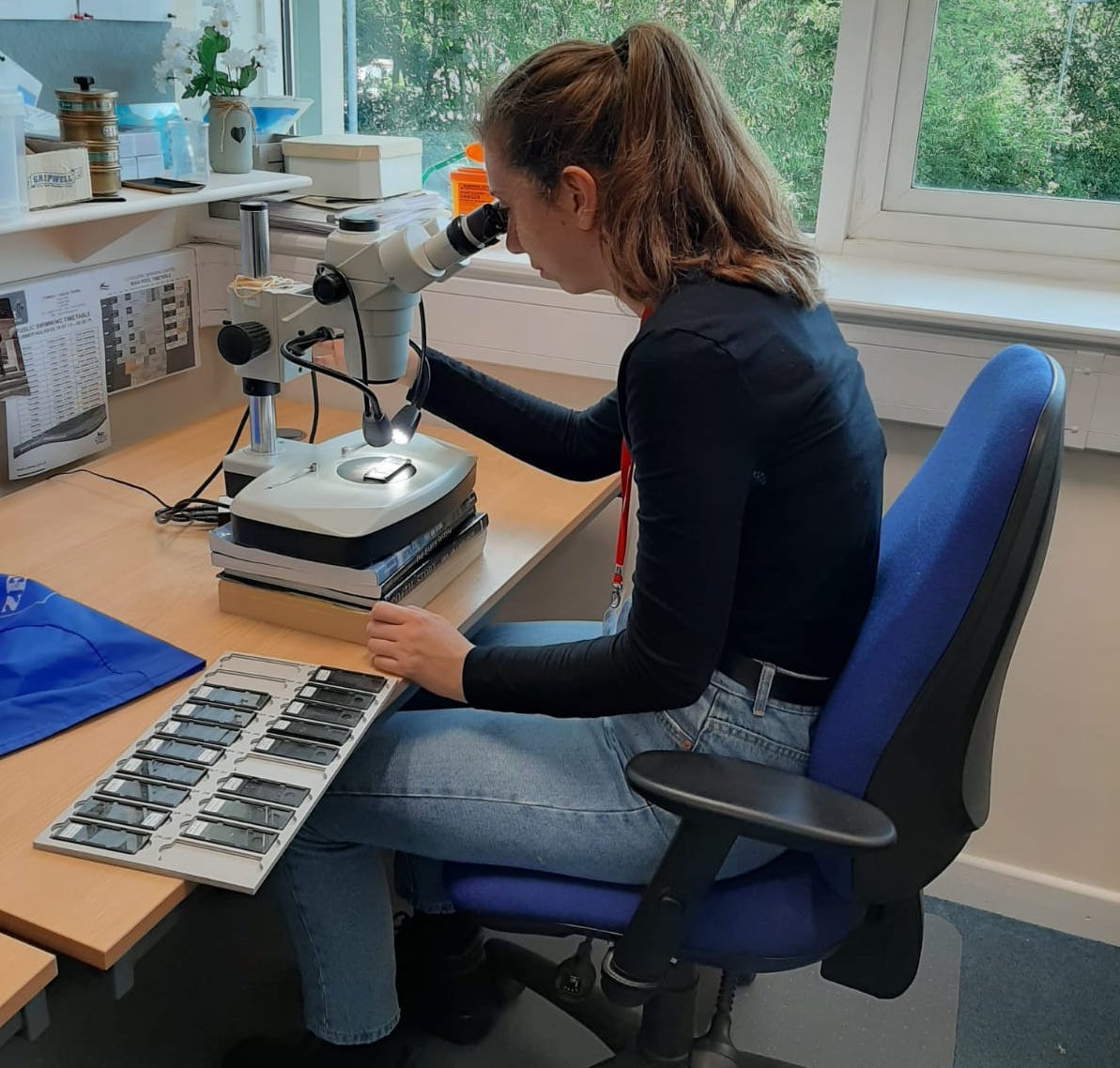
Topic(s) addressed
-
sustainable development of the environment
-
sustainable personal lifestyles
-
schools as vectors of innovation
-
cooperation between educational institutions and businesses
-
inclusion and equity
Target groups
102 VET participants from the following sectors:
-
industrial
-
eco-sustainable agriculture
-
social welfare
Methodologies
-
The multidisciplinary approach (technology/biotechnologies/social disciplines/organic production) used for dealing with the issues of environmental and social sustainability.
-
Work experience and training provided by companies abroad resulted in developing key skills such as interculturalism.
-
Cooperative learning, during the preparatory activities, has involved even disadvantaged participants. Accommodation and workspace sharing stimulated peer collaboration.
-
The internship programs were prepared according to ECVET procedures, with recognition of the LOs even in the main disciplines; this methodology has been applied to internships in Italy, thus standardising and making the assessment more transparent.
Environments
The school has been innovating through:
-
the use of new multimedia and laboratory technologies;
-
enhancement of human resources: the constant presence of former company employees in the school laboratories, in order to make the school acquainted with the currently required skills, also stimulating innovation in the curricula;
-
foreign companies as learning environments: internships in e-waste companies (recycling/reuse), laboratories for the prevention of environmental contamination, research institutes and agricultural experimentation;
-
promotion of dialogue and civic, ecological and social sensitivity with the opening of school facilities for the community;
-
the adoption of virtuous behaviours: separate collection, reduction of disposable plastic, dematerialization.
Teachers
The project has encouraged cooperation among teachers in the consortium, who have:
-
developed skills (through the selection, preparation, evaluation and recognition of LOs) which were then stored up and transferred to other ESF / POR and PON projects;
-
developed suitable and personalized preparatory activities for disadvantaged participants, encouraging teamwork and peer-to-peer collaboration;
-
optimized the organizational internship procedures: on the basis of a preliminary investigation with the host bodies on the availability of suitable companies, the flows were created ad hoc, with very satisfactory results both for the participants and the companies;
-
made the project sustainable by bringing the know-how into the subsequent design experience.
Impact
The project had an impact on:
-
participants (and their families): raising awareness on environmental issues, stimulating the growth of key and professional skills, encouraging cultural openness, building trust in the School (highlighted by participation in initiatives);
-
sustainability of the project: extending cooperation, re-using skills, increasing the number of applications in the next project, with 25% of ErasmusPRO;
-
inclusion and social cohesion, with paths for disadvantaged participants, stimulating tolerance and cooperation in the other participants;
-
local companies, which have been engaged in the ecological transition and continue to offer training interventions, scholarships, internships;
-
consortium: the results pushed towards accreditation, obtained in 2020.
- Reference
- 2018-1-IT01-KA102-006551/CUP E87I18000700006
- Project locations
- Italy
- Project category
- Vocational education and training
- Project year
- 2022
Stakeholders
Coordinators
IIS EUGANEO
- Address
- Italy
IIS LONIGO
- Address
- Italy
IIS S. CECCATO
- Address
- Italy
IIS MARZOTTO-LUZZATTI
- Address
- Italy
ITALCONTACT
- Address
- Germany
INTERNATIONAL HORIZONS
- Address
- France
SEMPER AVANTI
- Address
- Poland
ZAVOD ZA NOVODOBNO IZOBRAZEVANJE
- Address
- Slovenia
NORTH WEST ACADEMY OF ENGLISH
- Address
- United Kingdom
AIP LANGUAGES
- Address
- Spain
CONLAN SCHOOL LTD
- Address
- United Kingdom
